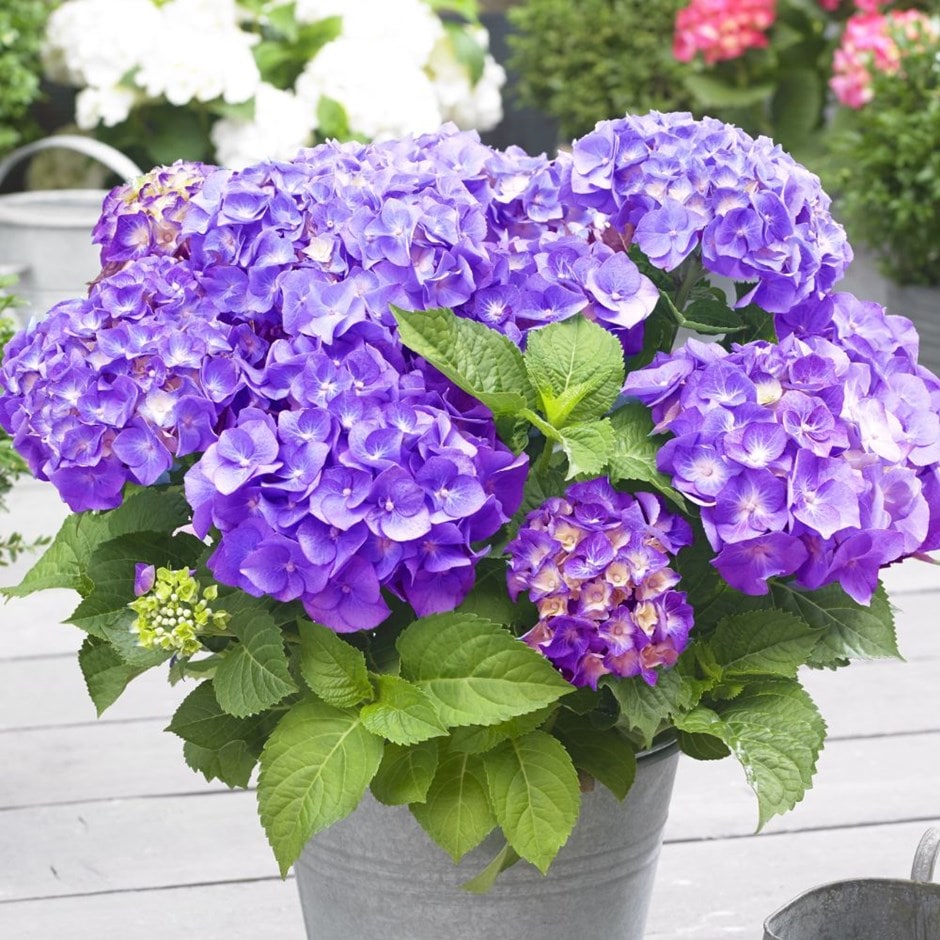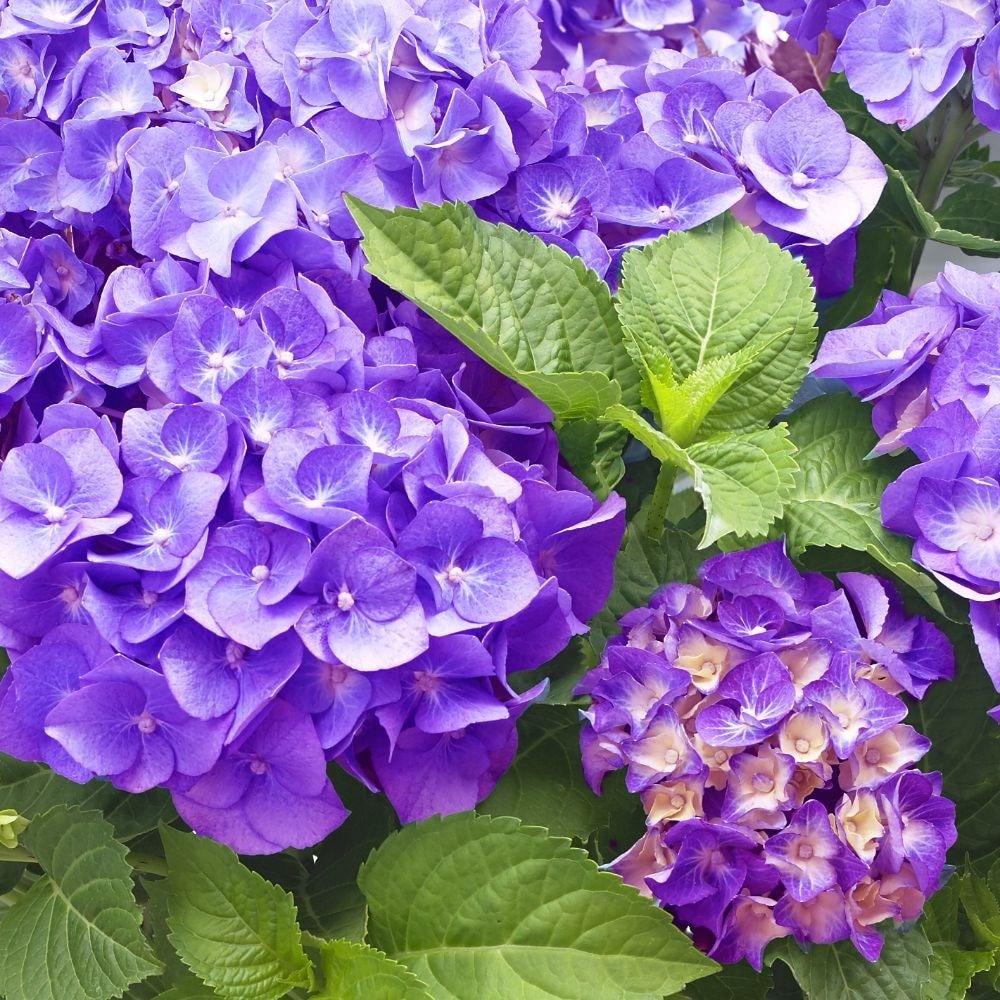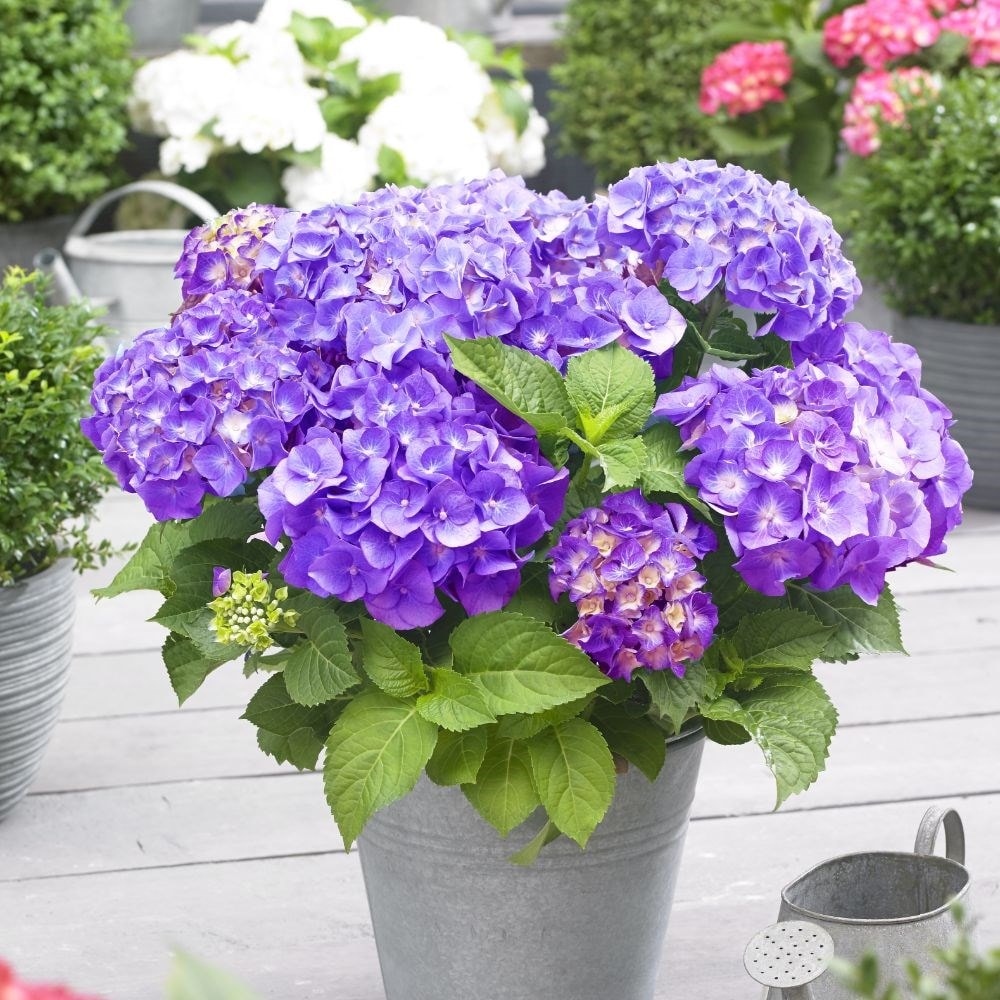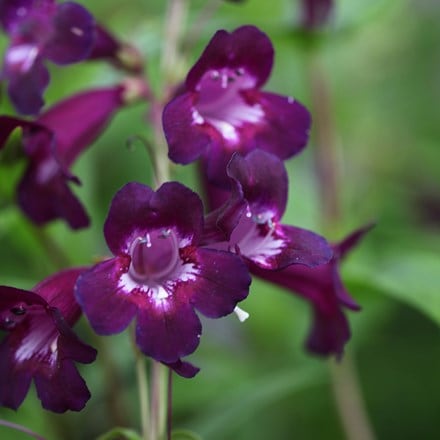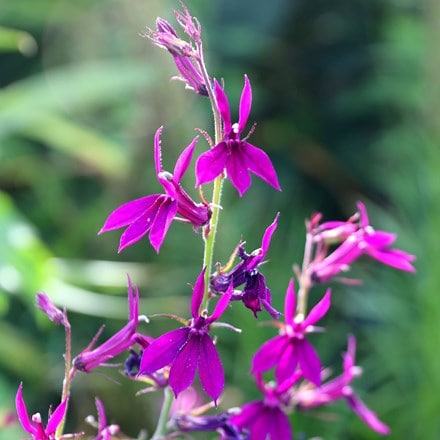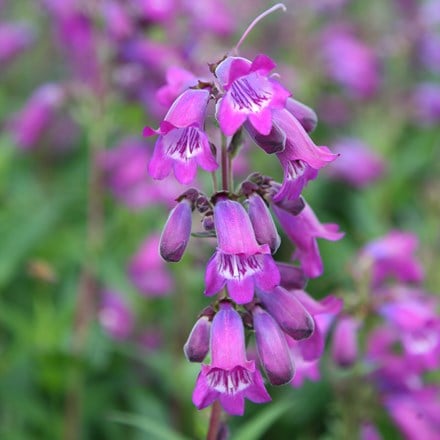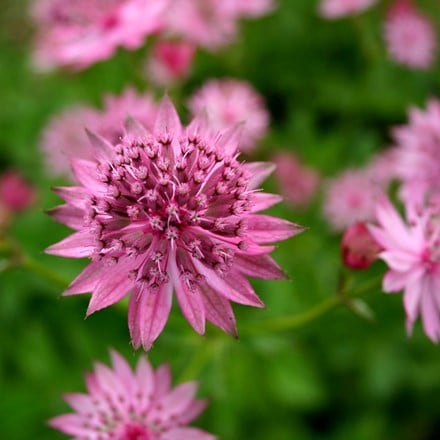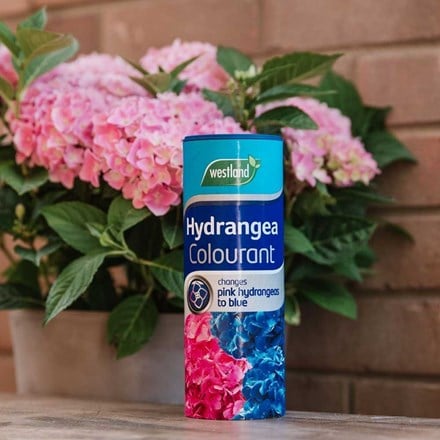Hydrangea macrophylla 'Little Purple'
mophead hydrangea
- 2 litre pot
- £19.99
- In stock (shipped within 2-3 working days)
Delivery options
- Standard £5.99
- Position: full sun or partial shade
- Soil: moist, well-drained, moderately fertile, humus-rich soil
- Rate of growth: average
- Flowering period: July to September
- Hardiness: fully hardy
Even though it's one of the most compact hydrangeas, when it's long-lasting flowers appear, 'Little Purple' will still offer lashings of summer colour. Perfect for a pot on the patio, it can also be used as a centrepiece in the summer bedding display - or simply to fill gaps at the front of the border. It's worth keeping in mind however that like all the mophead hydrangeas, the flower colour will vary depending on your soils pH. Therefore if you grow it in neutral or alkaline soils, the flower colour will become pinker.
Hydrangea thrives in moist, well-drained soil enriched with organic matter, making it important to improve the soil before planting by adding well-rotted compost or manure.
Choose a spot with partial shade, as full sun can scorch the leaves, especially in warmer climates, while deep shade may reduce flowering.
Regular watering is essential, particularly during dry spells, as these plants dislike drying out. To keep the soil cool and retain moisture, apply a layer of mulch around the base in spring, being careful not to let it touch the stems.
Pruning should be done with care. In early spring, remove any dead or damaged wood, but leave the old flowerheads on over winter to protect the buds below from frost.
For mophead and lacecap species, only prune back to the first pair of strong buds beneath the old flowers, as these types bloom on old wood. If necessary, remove one or two older stems down to the base to encourage new growth, but avoid cutting back the entire plant.
Fertilise in spring with a balanced feed, and for cultivars with colour-dependent blooms, test the soil pH. Adding hydrangea colourant (iron and aluminium salts) can enhance blue flowers in acidic soil, while lime can encourage pinker tones in alkaline conditions. It is best to choose according to the predominant soil conditions for best results on colour.
Choose a spot with partial shade, as full sun can scorch the leaves, especially in warmer climates, while deep shade may reduce flowering.
Regular watering is essential, particularly during dry spells, as these plants dislike drying out. To keep the soil cool and retain moisture, apply a layer of mulch around the base in spring, being careful not to let it touch the stems.
Pruning should be done with care. In early spring, remove any dead or damaged wood, but leave the old flowerheads on over winter to protect the buds below from frost.
For mophead and lacecap species, only prune back to the first pair of strong buds beneath the old flowers, as these types bloom on old wood. If necessary, remove one or two older stems down to the base to encourage new growth, but avoid cutting back the entire plant.
Fertilise in spring with a balanced feed, and for cultivars with colour-dependent blooms, test the soil pH. Adding hydrangea colourant (iron and aluminium salts) can enhance blue flowers in acidic soil, while lime can encourage pinker tones in alkaline conditions. It is best to choose according to the predominant soil conditions for best results on colour.
- Humans: Skin allergen; Pets: Harmful if eaten
Goes well with
Penstemon Pensham Plum Jerkum (Pensham Series)
9cm pot
£5.39
In stock (shipped within 2-3 working days)
